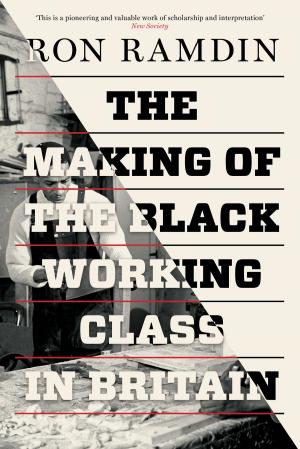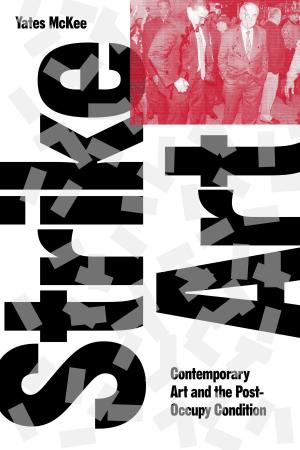The American Crucible
Slavery, Emancipation And Human Rights
Nonfiction, Social & Cultural Studies, Social Science, Discrimination & Race Relations, History, Americas, Political Science| Author: | Robin Blackburn | ISBN: | 9781781682289 |
| Publisher: | Verso Books | Publication: | August 6, 2013 |
| Imprint: | Verso | Language: | English |
| Author: | Robin Blackburn |
| ISBN: | 9781781682289 |
| Publisher: | Verso Books |
| Publication: | August 6, 2013 |
| Imprint: | Verso |
| Language: | English |
The American Crucible furnishes a vivid and authoritative history of the rise and fall of slavery in the Americas. For over three centuries enslavement promoted the rise of capitalism in the Atlantic world. The New World became the crucible for a succession of fateful experiments in colonization, silver mining, plantation agriculture, racial enslavement, colonial rebellion, slave witness and slave resistance. Slave produce raised up empires, fostered new cultures of consumption and financed the breakthrough to an industrial order.
Not until the stirrings of a revolutionary age in the 1780s was there the first public challenge to the ‘peculiar institution’. An anti-slavery alliance then set the scene for great acts of emancipation in Haiti in 1804, Britain in 1833–8, the United States in the 1860s, and Cuba and Brazil in the 1880s. In The American Crucible, Robin Blackburn argues that the anti-slavery movement forged many of the ideals we live by today.
‘The best treatment of slavery in the western hemisphere I know of. I think it should
establish itself as a permanent pillar of the literature.’ Eric Hobsbawm
The American Crucible furnishes a vivid and authoritative history of the rise and fall of slavery in the Americas. For over three centuries enslavement promoted the rise of capitalism in the Atlantic world. The New World became the crucible for a succession of fateful experiments in colonization, silver mining, plantation agriculture, racial enslavement, colonial rebellion, slave witness and slave resistance. Slave produce raised up empires, fostered new cultures of consumption and financed the breakthrough to an industrial order.
Not until the stirrings of a revolutionary age in the 1780s was there the first public challenge to the ‘peculiar institution’. An anti-slavery alliance then set the scene for great acts of emancipation in Haiti in 1804, Britain in 1833–8, the United States in the 1860s, and Cuba and Brazil in the 1880s. In The American Crucible, Robin Blackburn argues that the anti-slavery movement forged many of the ideals we live by today.
‘The best treatment of slavery in the western hemisphere I know of. I think it should
establish itself as a permanent pillar of the literature.’ Eric Hobsbawm















